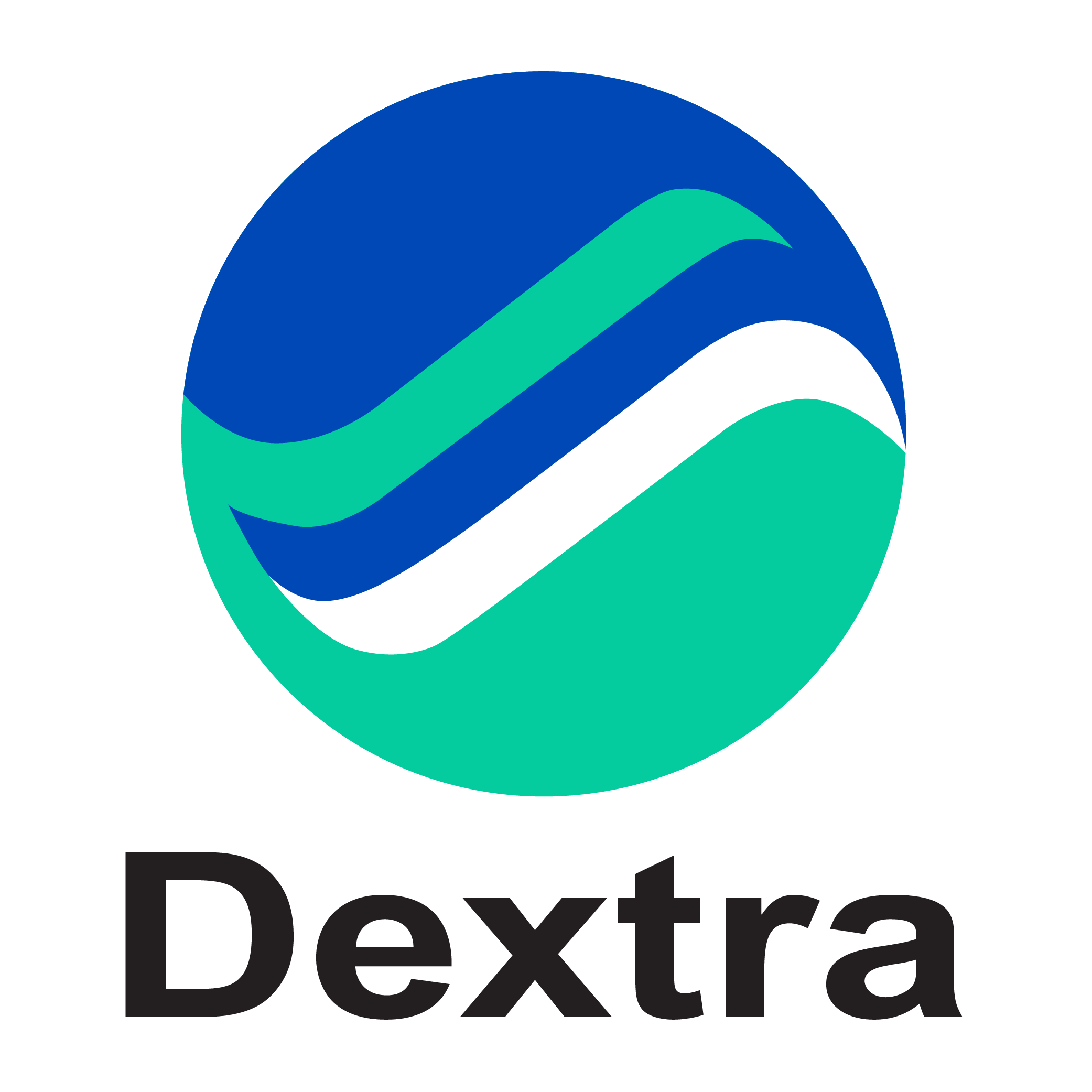Rail Baltica Bridge over the Neris River, Lithuania
The construction of the Rail Baltica Bridge over the Neris River near Jonava marks a significant milestone in the region’s railway infrastructure. Stretching 1.5 kilometers, this bridge will not only be the longest in Lithuania but also in the entire Baltic States. Designed with a variety of spans—including cast-in-place from a traveler, cast-in-place supported on falsework, and span-by-span cantilever—the project showcases advanced engineering techniques and a commitment to environmental protection.
Dextra plays a vital role in guaranteeing the structural integrity of the bridge by supplying Sonitec crosshole sonic logging (CSL) testing tubes for the testing of piles. CSL testing is a crucial procedure that provides real-time insights into the quality and soundness of the concrete in the piles, ensuring they meet stringent safety standards. This advanced technology enables engineers to detect anomalies and assess the quality of the concrete, ensuring the long-term durability of the bridge.
El uso de Sonitec is particularly important given the engineering complexity of the bridge and the environmental considerations surrounding its construction. By integrating this technology, Dextra helps to uphold the highest standards of construction and environmental stewardship.
The Rail Baltica project represents the largest railway infrastructure development in the history of the Baltic States. Once completed, it will provide an electrified double-track European gauge railway line connecting major cities such as Warsaw, Kaunas, Riga, and Tallinn. This ambitious project will span a total of 870 kilometers, with 392 kilometers in Lithuania alone.
With the Rail Baltica Bridge over the Neris River, Dextra is proud to contribute to a landmark project that promises to enhance regional connectivity, promote sustainable transport solutions, and respect the delicate balance between development and environmental conservation. As construction progresses, the bridge will stand as a testament to innovative engineering and collaboration, paving the way for a brighter and more connected future in the Baltics.













